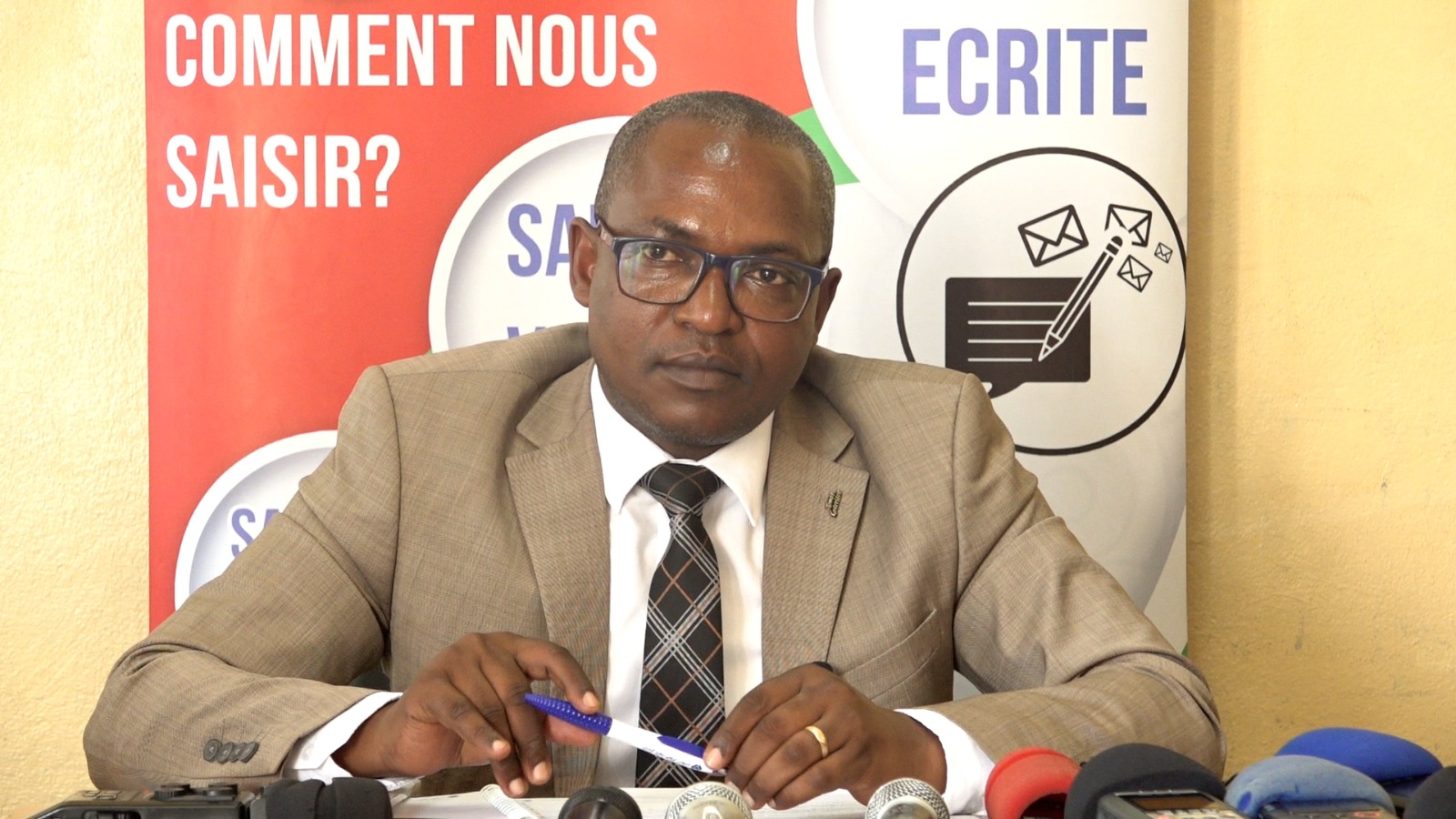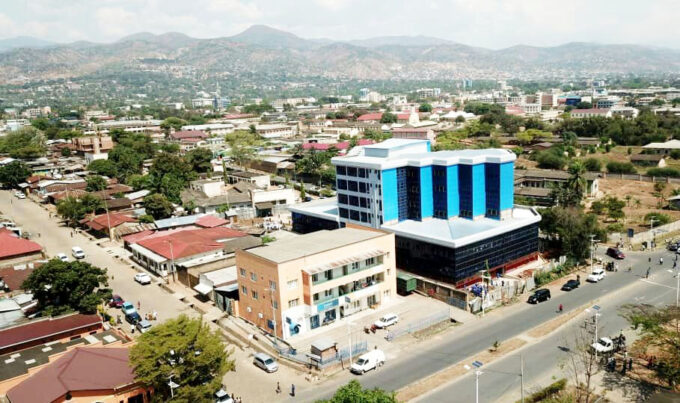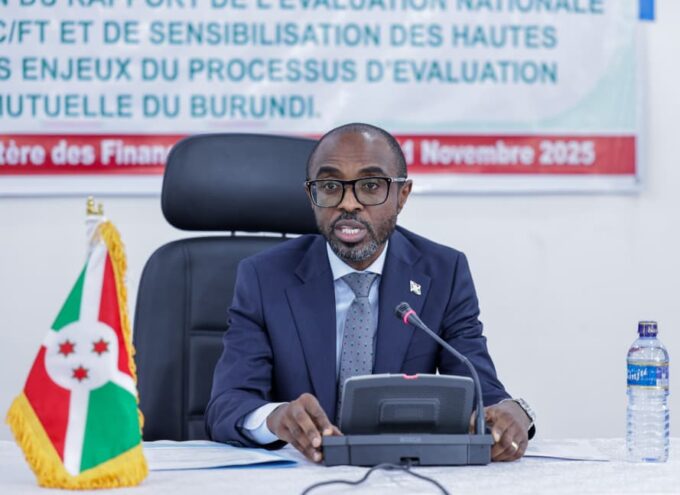The Chairman of Burundi’s Independent National Human Rights Commission (CNIDH), Sixte Vigny Nimuraba, has reportedly fled the country following serious accusations of large-scale embezzlement and mismanagement, marking one of the most significant leadership crises the institution has faced in recent years.
Reports of Nimuraba’s flight began circulating widely on social media earlier this month, just days after a confidential letter was sent by three CNIDH commissioners to the President of the National Assembly. The letter, dated March 2 and seen by Breaking Burundi, paints a grim picture of internal dysfunction, alleging the diversion of over 1.1 billion Burundian Francs (BIF) from the commission’s 2024–2025 budget.
In their letter, the commissioners raised urgent concerns about what they described as a “governance crisis” at CNIDH under Nimuraba’s leadership. They accuse the chairman of sidelining his fellow commissioners, fostering a climate of fear and division, and rendering the institution ineffective in fulfilling its core mission of promoting and protecting human rights in Burundi.
“The situation at CNIDH is extremely alarming, and only your personal involvement can save the Commission,” according to the letter. “With his style of leadership, we can assure you that the opinions of the CNIDH commissioners no longer hold any value in his eyes.”
The commissioners claim that of the more than BIF 1.1 billion allocated to CNIDH for the fiscal year, only 8.5% was used for protection activities and 11.8% for promotional work. In contrast, 62.3%—roughly BIF 476 million—was spent on foreign travel, while an additional 17.4% went toward vehicle repairs. They allege the latter services were rendered by a garage linked to one of Nimuraba’s close associates.
“We request the resignation of the President of CNIDH and that your services initiate a thorough, targeted audit on the use of mission expenses, representation fees, vehicle repairs, and fuel consumed monthly by the President over the period in question.”
A particularly controversial expense included the purchase of a VIP lounge at a cost of BIF 149 million, which the commissioners deemed “unacceptable” for an institution that, according to them, has failed to organize basic human rights activities, such as seminars and prison visits.
The letter also criticized the commission’s failure to hold regular plenary sessions, a legal requirement, noting that only three such meetings had taken place since January 2024. This dysfunction, they claim, has led to delayed responses to human rights complaints and a loss of public trust. They further noted the recent loss of CNIDH’s “A status” accreditation, citing the Commission’s weakened credibility and inactivity.
Citing these failures, the commissioners demanded Nimuraba’s immediate resignation and called for a full audit of CNIDH’s finances, including mission expenses, representation fees, and monthly fuel allocations.
Leadership Vacuum
Following the public surfacing of the allegations, the Bureau of the National Assembly announced a call for applications to replace CNIDH commissioners. However, it remains unclear whether this move includes filling the now reportedly vacant chairman’s position.
Nimuraba, who was first appointed as chairman in 2019 and re-elected in 2023, is alleged to have fled the country using his ordinary passport after his diplomatic passport was confiscated during a reported search of his residence over the past few days.
This latest scandal follows the recent flight of two commissioners from Burundi’s Truth and Reconciliation Commission (CVR) amid a separate dispute involving CVR Chairman Pierre-Claver Ndayicariye. One of them, Aloys Batungwanayo, claimed he was forced to resign under duress, describing the process as “brutal and illegal.”
Batungwanayo alleged that he was targeted for dismissal after pushing for investigations into controversial historical figures—requests he claims were blocked by CVR Chairman Pierre-Claver Ndayicariye. “I learned from friends that a ‘case’ is being built against me. They advised me to leave the country, which I did promptly,” he told veteran journalist Antoine Kaburahe, founder and manager of Iwacu, one of Burundi’s leading independent newspapers.
Despite the gravity of the accusations and the high-profile nature of the case, no official statement has been issued by the Burundian government or the CNIDH regarding Nimuraba’s alleged departure. The absence of transparency has further fueled public speculation and raised concerns about the future of human rights oversight in the country.








Leave a comment